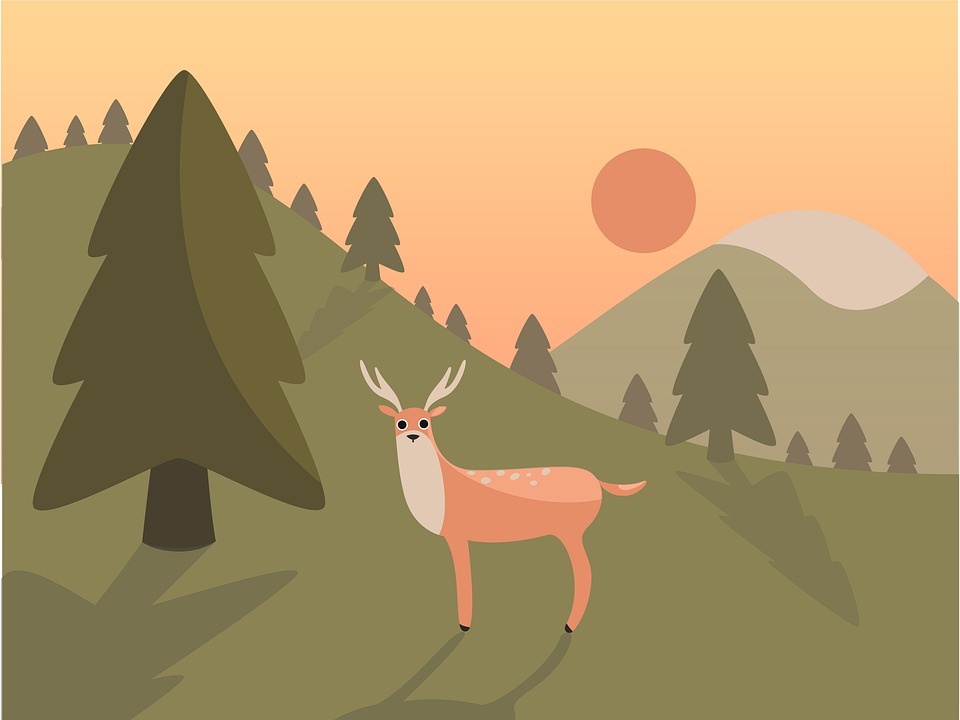7 Fun Facts About Zoologists
Have you heard of zoology? It’s a specific branch of wildlife biology that focuses on the study of animals. According to the U.S. Bureau of Labor Statistics (BLS), there are approximately 18,500 zoologists in the United States. During their daily activities, zoologists observe and study animals for research purposes. Even if you’re familiar with this profession, though, there are probably some facts about zoologists that you don’t know.
#1) Not Restricted Zoos
Contrary to the name, not all zoologists work exclusively in zoos. While many of them do, in fact, work in zoos, they often work in other environments. Zoologists seek to study animals. While some of them study all types of animals, others focus on specific types of animals. Regardless, zoologists may work in different environments.
In addition to zoos, other environments in which zoologists study animals include the following:
- National parks
- Research laboratories
- Animal rehabilitation centers
- Aquariums
- Natural animal habitats
#2) Entry-Level Positions Require a Bachelor’s Degree
You don’t need a master’s degree to work as a zoologist. Entry-level zoology positions typically only require a bachelor’s degree. There are bachelor’s degree programs available for zoology. They are offered by dozens of colleges throughout the United States. Like with other bachelor’s degree programs, they consist of four years of studies. If you’re thinking about working as a zoologist, you’ll need to complete a bachelor’s degree program in zoology. Doing so will allow you to secure an entry-level position in zoology.
#3) Specialization Available
Specialization is available for zoologists. Marine zoologists, for example, study animals that live in the ocean and other bodies of water. Ornithologist zoologists, on the other hand, study birds. And mammalogist zoologists study mammals. Specialties such as these often require additional education. If you’re willing to put forth the time and energy, though, you may discover that specialization is more rewarding than general zoology. It will allow you to hone your skills towards a specific type of animal or a specific branch of wildlife biology.

#4) Identify New Animal Species
While studying animals, zoologists often discover new species. It’s estimated that roughly 1.6 million animal and plant species have been discovered. However, prediction models suggest that there are over 8 million “new” and undiscovered species living on Earth. When observing animals in their natural habitat, zoologists may encounter new species.
In 2018, a team of zoologists from Dublin’s Trinity College discovered two new species of birds in Indonesia. Stories such as this are common with zoologists who work in remote, natural environments. Zoologists are familiar with classified animal species. If they encounter a species that hasn’t yet been classified, they’ll recognize it as being a new species.
#5) Origins Dating Back Thousands of Years
Zoology isn’t a new profession; it’s been around for thousands of years. Zoology, of course, is defined as the study of animals. People who study animals — whether in captivity or their natural habitats — are zoologists.
People have been studying animals for thousands of years. In France, there are paintings on caves depicting deer, bison and other animals in great detail. It’s believed some of these paintings are over 15,000 years old. Zoology wasn’t an official profession back then. Nonetheless, the concept of zoology was very much alive. As humans, we’ve been studying animals for thousands of years. Zoologists are people who dedicate their time and resources to the study of animals.
#6) Many Zoologists Are Veterinarians
You might be surprised to learn that many zoologists are veterinarians. Veterinarians are doctors who’ve completed a Doctorate of Veterinary Medicine (DVM) program and obtained a license to practice veterinary medicine. They are medical doctors who diagnose, treat and prevent injuries in animals.
Many zoologists begin their careers as a veterinarian. They’ll jump through the hoops of becoming a veterinarian, after which they’ll work for several years or longer at a veterinary clinic. After gaining experience in the veterinary medicine field, they’ll become a zoologist. Zoologists who are veterinarians are more knowledgeable of animal anatomy than their counterparts. And if they encountered a sick or injured animal in the wild, they can offer treatment. Not all zoologists are veterinarians. However, there are many zoologists who’ve either worked as a veterinarian in the past or currently work as a veterinarian.
#7) Perform a Variety of Duties
Zoologists perform a variety of duties. While their primary goal is to study animals, their workdays consist of many different tasks. Observation is one of the most common duties of zoologists. They must observe animals to see how they behave and interact with other animals. In addition to observation, zoologists may need to track animals. Tracking allows zoologists to determine the paths of animals. Using Global Positioning System (GPS) devices, zoologists can track both marine and land-based animals. Zoologists may have to prepare animal migration plans as well. If an animal population is dwindling in a specific area, zoologists may need to come up with a plan to migrate them to a different area.

